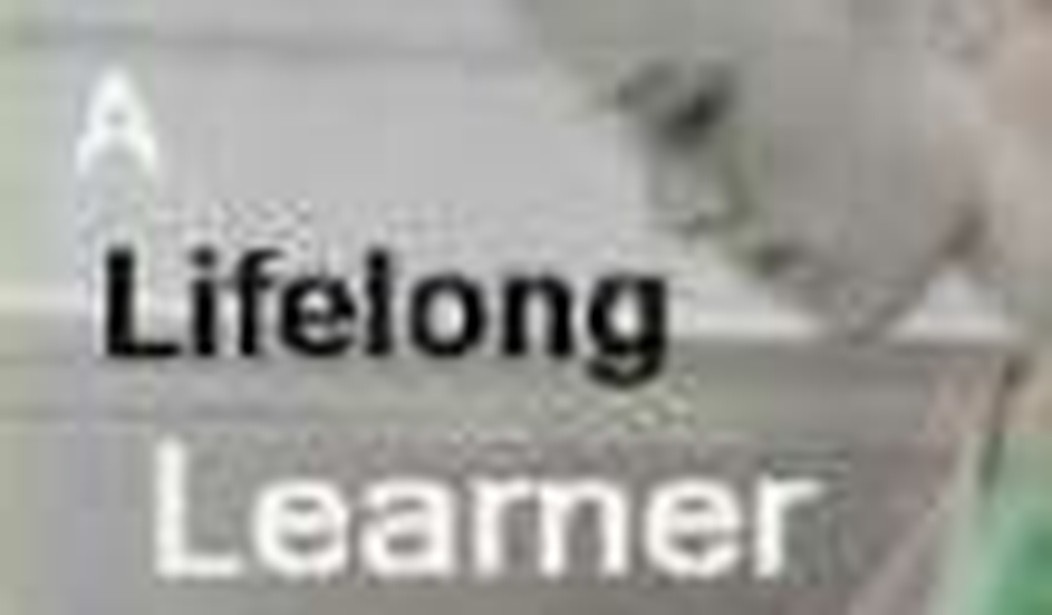On an airplane last week, I found myself seated behind the president of a large municipal school board along with a staffer. I know this because I am only human and could not help but peruse the board member’s briefing book over the owner’s shoulder.
They were on their way to give testimony in a Congressional hearing and, it appeared, go on a series of meetings. There were pages of talking points. I’m not sure I would have been able to keep it all straight, there were so many. My eye kept coming back to a word, repeated throughout the papers: “learner.”
I have kids in school, so I have had this word used on me before. I hate it. My child is not a “learner.” He is — well, he’s a person. A child.
“Learner” always seems to me to be one of those terms of art that bureaucrats trot out so they don’t have to actually face the fact that their actions affect real people. It also conveys a little bit of “mission” along with it (as in having a “mission to foster lifelong learners.”)
But most egregiously to my mind, it drains education of its moral content. Public education, just as much as it does to convey knowledge to children, exists in order to develop good citizens. By calling children “learners,” the education intelligentsia makes the implicit point that, no, they’re not in that business. They are just there to get those three R’s across.
This bureaucratic obfuscation of reality is not just limited to the education establishment. Everywhere you look, “people” are turned by well-meaning organizations into “voters,” “users,” “customers,” “applicants.”
Or, worse yet, into “individuals.”
I had the unlikely yet immense pleasure of being introduced to moral philosophy in Berkeley, California. Of course, the professor who hit me with it was not in the philosophy department but in law. I cling to this day to a handful of ideas he conveyed to this eager learner.
A Belgian, he had a thick accent and a dramatic habit of jumping up and down, stomping his feet to make a point. “Individual” made him stomp. “An ‘individual’ is an island,” he would yell, “with no moral responsibilities.” He insisted, when discussing human beings, that we call them people and not individuals.
A “person,” as opposed to an “individual,” is obligated to act morally, and has a legitimate claim for others to return the favor. Ditto “citizen” vs. a “voter.” A voter is just someone stating a preference. A citizen has moral duties as well as privileges.
And, while a “learner” is little more than a customer in a shop, a “child” is someone whose character we have a moral duty to develop.
Too often, in the language of public discourse, we use ten-dollar words that hide our real obligations and cover up what we’re really up to. They have no moral content. The next time you read a report or press release from a think tank or nonprofit organization, look closely at how they talk about people. Are they really people, or are they just data?
In public life, we aren’t comfortable addressing morality. Yet that is precisely the subject that must come before us. Because, when you strip away the fancy talk, the political and policy decisions that face us are really moral choices.
We’ve got to be able to talk about them without mumbling.
Brad Rourke writes a column on public life called Public Comments, produces a videolog called Taxonomies, is a founder of the Maryland neighborhood blog, Rockville Central, and is in a band called The West End.









Join the conversation as a VIP Member